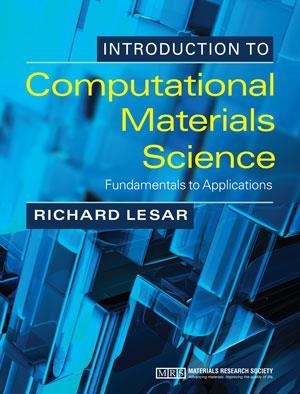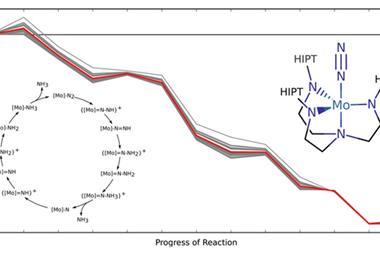Richard LeSar
Cambridge University Press
2013 | 414pp | £60
ISBN 9780521845878

Fuelled by the need for a more rational approach to materials design and by the increasing availability of massively parallel computers, computational materials science is a field in rapid expansion. The variety of time and length scales relevant to materials science means that most textbooks (and researchers) in the field specialise in a particular simulation scale. But this book attempts to summarise the basics and the current state of the whole field within a single, and not very lengthy, volume. It does so very successfully.
The book is divided into four parts plus appendices. Part one introduces some general concepts in materials modelling, including random processes and simulation lattices. Modelling at the atomic scale is discussed in part two, where popular techniques like density functional theory and molecular dynamics are presented with elegance and precision. The third part, on simulation methods at the mesoscale, offers particularly instructive discussions of the kinetic Monte Carlo method and of the phase-field approach. Finally, the novel and rapidly-growing area of materials informatics is discussed in part four, together with other concepts in simulation-assisted materials design.
Obviously a book with this breadth and length cannot afford to go deep into any of the topics. Nonetheless, the author manages to present well-rounded introductions to each subject, striking a careful balance between maths and conceptual discussion, which is complemented with well selected examples and references to the research literature.
Thankfully, programming code is not listed within the book. Instead, a link is provided to a free online repository of exercises and code maintained by the author. At the time of writing this review, the collection of exercises was not fully available, but a note in the webpage promises that they will be soon.
Although written with upper-level undergraduates and graduate students in mind, this is an excellent first book on the subject. It will also be valuable as reference material for experimental researchers, and it will be useful to more experienced but specialised theoretical researchers who wish to venture into multiscale modelling.
Purchase Introduction to computational materials science from Amazon.co.uk












No comments yet